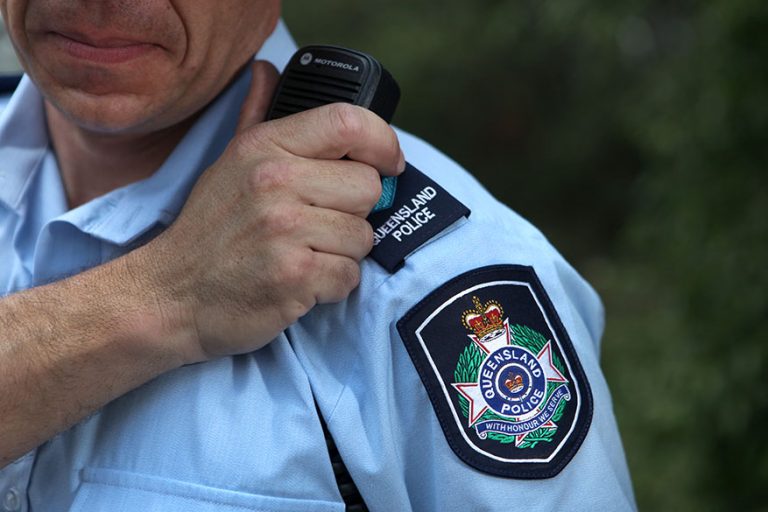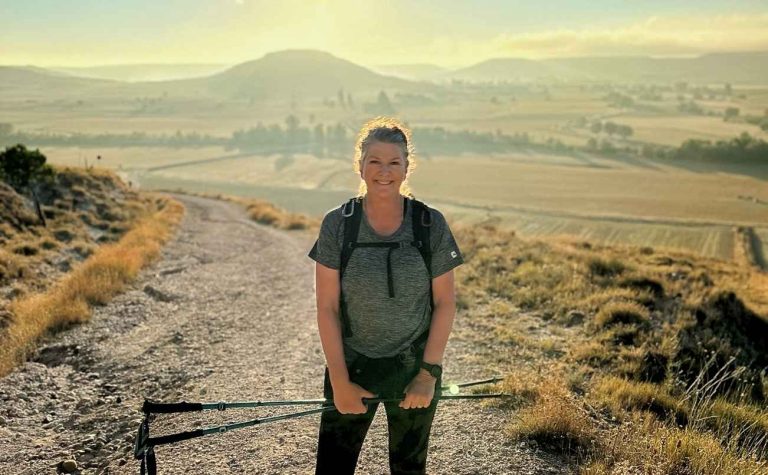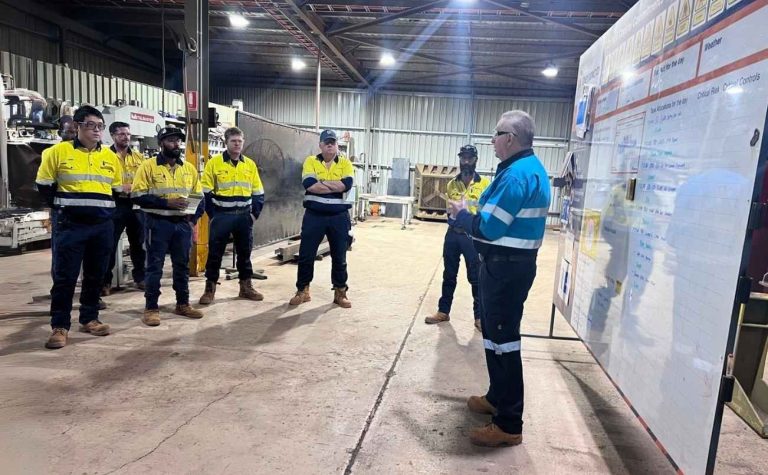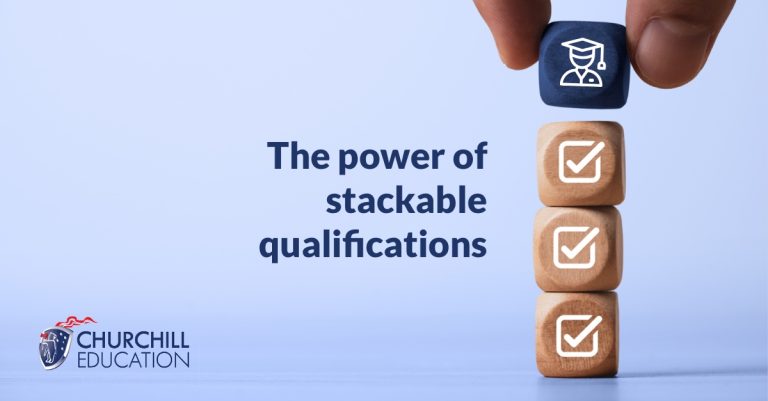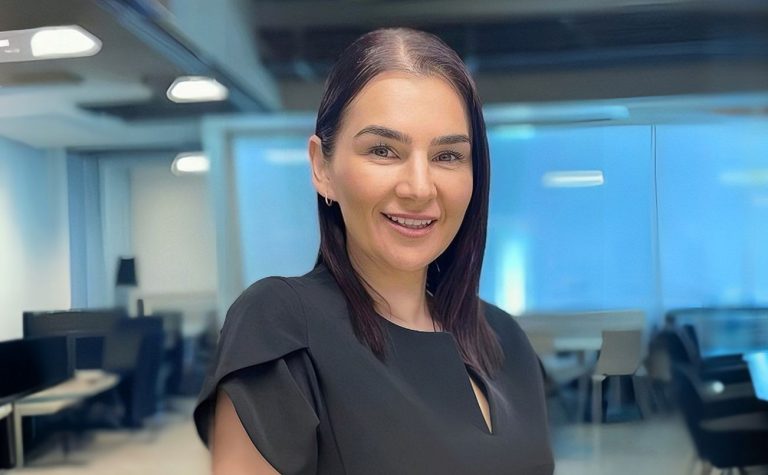When we first decided to start helping people with Recognition of Prior Learning back in 2006, we mapped out a process. It starts with a free preliminary RPL assessment. We’ve noticed some confusion around what can and can’t be done with the RPL assessment, so we thought it would be helpful to explain…
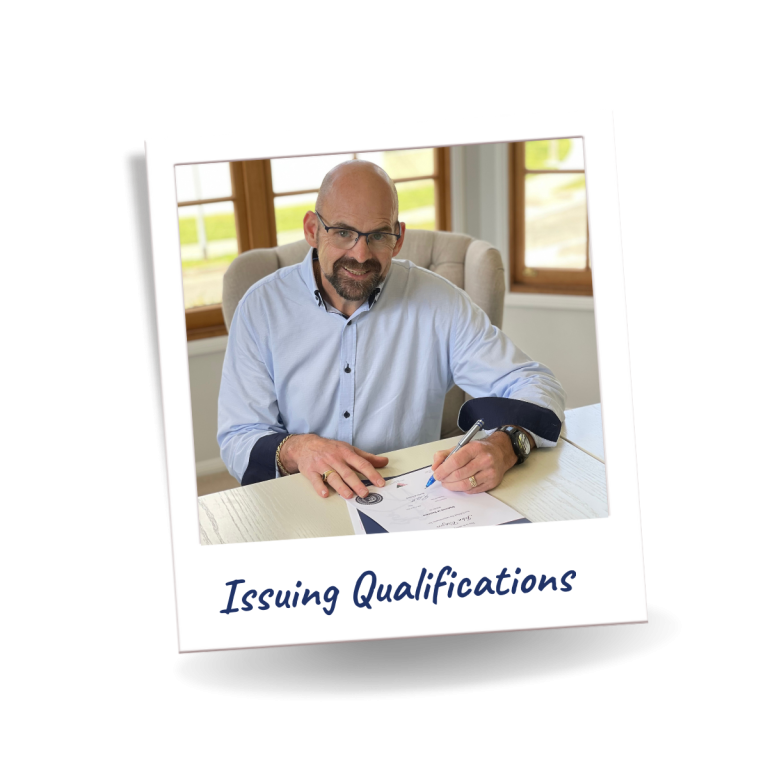
Randall is a process man, through and through.
And the biggest question that Randall had when he first looked at RPL for himself was this: What would my skills even be worth?
He didn’t have any idea which qualifications would automatically line up against his experience.
That is where many people begin with Recognition of Prior Learning: in the dark.
Confusion around RPL
Many don’t even know it’s possible to use experience and abilities to prove you are working at a qualification level.
And those that do know about RPL don’t know what qualifications are available to them through recognition of prior learning.
It is often easiest to see the potential or ability in someone else. That’s why writing our own resumes is always tricky. It relies on us seeing the best in ourselves… We Australians are hard-wired to downplay ourselves.
So, for the RPL process, Randall and I thought it made the most sense to start by having a look at someone’s career. To identify the possible qualifications available to them through RPL.
Find out what you’re eligible for
The evolution of the RPL assessment process
Up until we started doing this, you had to approach a Registered Training Organisation or TAFE and ask for the RPL kit for a particular qualification. Those kits still exist in many organisations, and they are full of tables and language that would make a lawyer skilled in the art of contracts blush.
Instead, we devised a starting place: a preliminary assessment based on a snapshot of your earlier training and career progression, alongside understanding your current work responsibilities.
We even made up the term: a Preliminary RPL Assessment.
Nowadays, an initial preliminary assessment has become more common with organisations that work in the RPL space. We led the way and the others followed. We’re proud that we made some positive changes in the RPL space for Australians.
Every month, we complete hundreds of preliminary assessments to help people get the best information about their possibilities.
The result of a Preliminary Assessment is all about possibilities: what qualifications are open to you that can take you in the direction you want to head?
There are a few important things to remember about your Preliminary RPL Assessment results, though.
1. It is a preliminary indication – it is not the same as being enrolled in a qualification, fully assessed in a formal sense or issued a qualification.
In Australia, we have standards that govern our qualification framework and regulations that create the parameters in which Registered Training Organisations and TAFEs operate.
The purpose of these standards and regulations is to protect the integrity of Australia’s vocational education system. It helps make sure that the old throwaway line, “where did you get your licence? Out of a Kellogg’s packet?” doesn’t become a reality.
Churchill gets audited by our regulator – ASQA and must submit data of all our students. This data is used by the Federal Government in determining education standards and employment opportunities that guide policies and programs, as well as State Government education funding packages.
Enrolment confirmation can be used for deductible self-education expenses by the Australian Taxation Office, and they are keen to make sure that we run a tight ship on our enrolments and graduation process too.
Find out what you’re eligible for
2. Results of a Preliminary Assessment should not be recorded on your resume, job applications, staff profile or LinkedIn profile.
Here is why.
Remembering that there are regulated requirements for enrolling and graduating in qualifications, it is also vital to remember that employers, regulatory bodies, membership associations and other education providers are also relying on your integrity when you complete paperwork about your qualifications.
Churchill has noticed that people who include their preliminary assessment results as their actual education results are getting caught out more often.
Let’s walk through some examples together:
- This month, we had a recruitment company hiring for a multi-national mining company complete a standard check on qualifications recorded on someone’s job application. When a qualification has been properly issued, privacy laws require that we have the graduate’s consent to release that information. This man was not a graduate. He was someone who had the preliminary assessment completed but never enrolled. He recorded the results of the preliminary assessment as if he held the qualifications. We had no privacy restraints, and our answer was simple: we do not have a graduate by that name who was issued those qualifications. His application ended swiftly and with now an integrity question in play, he will not ever be given a position with that employer.
- Vocational qualifications can be used for gaining entry to university studies. It is not enough to say you hold the qualifications, though – you must produce the qualifications. Universities routinely call us to check on the units covered in qualifications and confirm the authenticity of the qualification. Completing a preliminary assessment alone will not help you gain entry to a university degree. And having to tell a university that someone does not hold the qualification from us they purport to hold is never a positive conversation.
- An association body called to confirm someone’s qualification because membership of the body also linked to official registration in a medical field. That was another crash and burn for the person when they purport to hold a qualification that they never enrolled in or completed.
- This year, we took a call from a public sector employer confirming the validity of a qualification for a person who had been in the role for a few years. Part of what got them the role was ticking some qualification boxes that had never been authenticated. The time came to tidy up some HR personnel files and the qualifications could not be produced because this person had never progressed beyond a preliminary assessment. That led to an investigation, being stood down from the role and a whole lot of angst for the person.
Honesty is always the best policy when it comes to qualifications. Police are now prosecuting individuals who gain a benefit from purporting to hold qualifications. Regulatory bodies are now excluding people from licensing or registration in an industry because they are failing a fit and proper person test when they get caught out with false declarations. Employers are putting people on the Do Not Hire list. Whilst the cost of a qualification might range from $995 for a Certificate III up to $3500 for a Graduate Diploma, the cost of lying about holding a qualification will cost a whole lot more.
3. Preliminary RPL assessments are time sensitive. They last for six months.
Along with all our registration requirements comes some standards for how we assess recognition of prior learning applications.
One requirement is that a set of skills and a pool of knowledge must be current.
Currency is hard to pin down into a strict box. Change can happen swiftly in some industries and eek along slowly in others. Qualification requirements change regularly.
For that reason, we have a six month validity period on the results of your preliminary RPL assessment.
We even had the situation recently where someone wrote their preliminary RPL assessment results on a job application. As it had been some years since their assessment was completed, they named the latest version of a qualification that had shown up for them. Not only were they dishonest about holding the qualification, but they gave themselves an upgrade that we could not have supported on a fresh preliminary assessment. That meant another tricky conversation with the prospective employer and yes, you guessed it, a “thanks but no thanks” to the job application.
4. You can use the preliminary RPL assessment process to get free advice from experts.
The best way to use preliminary assessment results is to talk through the qualifications that arise from your past and current experience and match best with your future career direction.
Our Skills Recognition Advisors are very experienced at understanding the differences in qualifications and their place in the employment market and career progression.
They will call you and talk to you about what choices you have, helping you weigh up your options.
Preliminary RPL assessments are completed for free by Churchill and the time with our advisors looking at your results also comes at no charge.
Find out what you’re eligible for
5. Preliminary RPL assessment results help you plan for your future.
It is no secret that Randall and I are big fans of tackling life with a plan for the future.
Sure, the future will have lots of unknowns but as Jim Rohn said,
“If you don’t plan your life, someone else will … and guess what they have planned for you? Not much.”
Staying current in your skills and knowledge is vital to any career path.
Having the qualifications to match ensures you are never caught unawares in those unexpected company structure changes or in throwing your hat in the ring for fresh career opportunities.
One of the ways we encourage our Alumni to use the preliminary RPL assessment process is to have one completed every six to 12 months. That way, you have the knowledge about your options to make sound future decisions.
A regular preliminary RPL assessment is no different to a regular tune-up for your car. It lets you know when it is time to upgrade. It shows you what is coming ahead. It lets you budget ahead of time. And it keeps everything ticking over nicely so you are less likely to find yourself stuck in the emergency breakdown lane while everyone keeps passing you by.
If you would like a preliminary RPL assessment (or a fresh look if it’s been a while since your last assessment), reach out and we’ll get you sorted.
In the meantime, if someone you know has been using their copy and paste skills to take their preliminary RPL assessment results and throw them under the heading of “Qualifications” on their resumes, send them this article.
We’re always here to help them cross over to being a proud Alumni!
Take care,
Tricia


